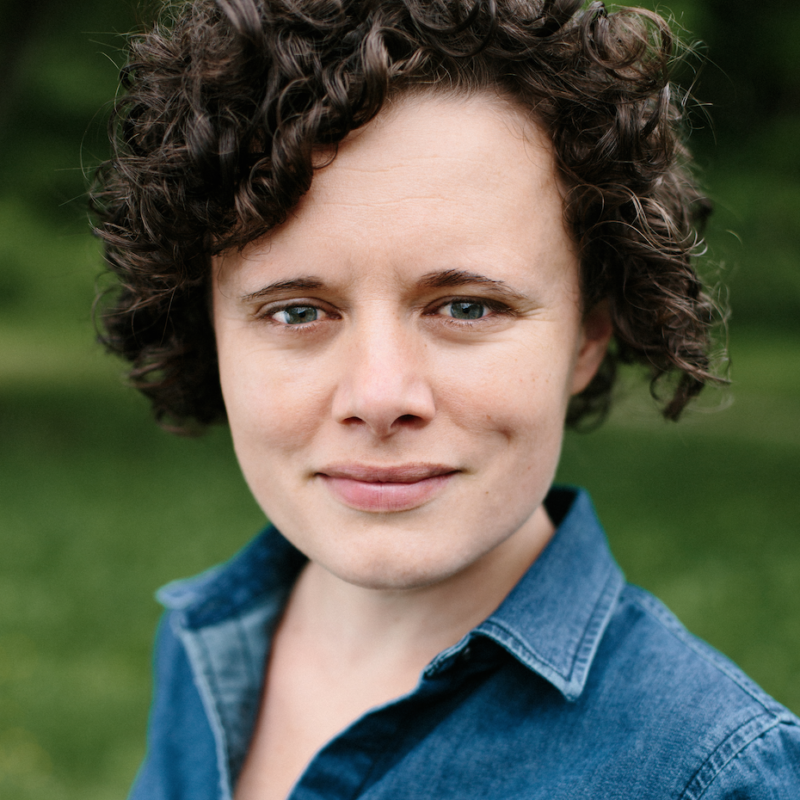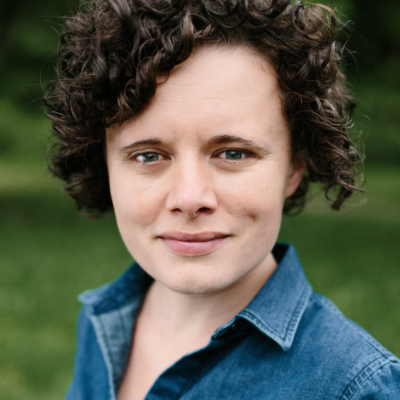|
Eco-makeover: Last week, Charlottesville design studio Alloy Workshop was named one of several winners in the yearlong Better Business Challenge, a competition that encouraged local companies to green their office space and business practices. (Photo courtesy of Alloy Workshop) |
Green goes to work
Last Thursday, local radio personality Coy Barefoot addressed the employees, friends, and family of 107 Charlottesville businesses about the importance of being environmentally conscious: “Being green actually makes good business sense and improves the bottom line.
Also, every business leader that has participated in this challenge has benefited from keeping an open mind and realizing there’s someone out there who knows more than you do…and that’s a good thing.”
He was referring to the culmination of the year-long Better Business Challenge, a friendly competition between Charlottesville companies to see who could implement the most energy- and resource-saving practices over the course of a year.
The challenge launched in June 2011 after Cynthia Adams of the Local Energy Alliance Program and Teri Kent of Better World Betty, a nonprofit devoted to greening the community, combined grants to fund the project.
After dozens of local businesses filled out scorecards to rate how green they were, the challenge’s staff of 19 worked with more than 50 UVA student volunteers to help the participants become more sustainable. Business owners attended half a dozen workshops to learn about how to save energy, cut waste, reduce water consumption, and use social media to tell the story of their efforts, Kent said, and happy hours brought contestants together to collaborate and share ideas.
At the end of the contest, they filled out the same scorecards to see how much they had improved. Seven awards were given and six businesses and government agencies—Carpet Plus, the Paramount Theater, VMDO Architects, design studio Alloy Workshop, the Jefferson Madison Regional Library, and Albemarle County Service Authority—were named 2012 Better Business Champions.
Virginia Eagle Distributing won “Top Innovator” for installing solar panels to charge lift gates on tractor trailers.
“They run on a battery that has to be charged every night, and they have to plug that device into an electrical outlet,” said Brad Theado, the company’s director of operations. “We found that on our busiest days, those batteries were running out of power before the driver’s day would end.” The investment is paying off, he said. “When we tried a solar panel, it kept the battery going for the lift gate and for the truck. We’re still generating surplus power, so now we’re installing lights for the trailer.”
Alloy Workshop won its award for cutting out electrical lighting in its office during the day with the installation of five solar tubes and three skylights.
“We meet with a lot of our clients and we try to talk to them about sustainable design and energy efficiency,” Alloy project manager Michael DeMonaco said. “So being part of the challenge was really putting our money where our mouths are.”
The contest was successful enough to inspire future efforts. Better World Betty and LEAP are partnering with the City of Charlottesville and Albemarle County to host a “next steps” discussion on July 26 to talk about the possibility of another contest next year, said Kent.
“I think the best part of the challenge was knowing that there were numerous other companies in the community trying to become more sustainable and energy efficient,” DeMonaco said. “We really thought we were part of a group bigger than just ourselves.”—Ana Mir
Check out next week’s Green Scene for details on the winning business’ top tips for going green, from simple lighting updates to major construction.
Protecting pollinators
For the last two years, environmentalists statewide have devoted a week in June to the recognition of a special group of bugs: pollinators.
Why the focus on bees, butterflies, and their flower-frequenting kin? The Piedmont
Environmental Council, which just finished promoting its second annual Pollinators Week, says that besides being a key part of the local ecosystem, they’re essential to the production of agricultural crops.
Most people with even a cursory understanding of botany know that insects that visit flowers to suck up nectar are responsible for spreading pollen from one bloom to another, fertilizing plants and allowing for genetic mixing.
What some may not realize is that the majority of Virginia’s crops need visits from bugs in order to thrive. That includes apple and peach trees and vegetables like squash and cucumbers, but also plants with less obvious flowering periods, like alfalfa and peanuts.
That means the health of our pollinators is important for Virginia’s $55 billion agriculture industry—and your home garden —as well as for the environment.
Creating pollinator-friendly habitats is one way to help promote populations. While honeybees get a lot of attention, many of our local pollinating bees are ground nesters (and solitary, unlike a lot of predatory wasps like yellowjackets), and prefer areas with native grasses. The PEC suggests planting switchgrass, indiangrass, and little and big bluestem grasses—ideally, in a meadow-like setting that doesn’t get mowed.
You can make your yard hospitable to other solitary pollinators by creating a “bee condo.”
The North American Pollinator Protection Campaign suggests the following: Drill 1/4-3/8" diameter holes 3-5" deep in a chunk of fence post or other dried block of wood (just be sure it’s not pressure-treated). Mount the block in a dry, south-facing spot, such as under the eaves of a shed or garage, and you’ll have built a cozy nesting spot for a few different species of beneficial bees.
Filling your garden with other native plants with a variety of colors, shapes, and blooming times also offers a continuous buffet for many different nectar-drinkers. Butterfly-friendly plants include asters, buddleia, purple coneflower, and milkweed.
Ditching pesticides is also important, according to the PEC, because they can kill beneficial bugs outright and disrupt their reproductive behavior. If you can’t avoid chemicals, there are steps you can take to minimize their impact. Spray on still nights, and don’t apply pesticides to blooming plants. Apply pesticides to specific plants, instead of spraying broadly, and avoid dusts and powders, which are easily picked up by bees’ tiny hairs.
Want more information? Visit pecva.org and pollinator.org for tips, facts, and how-tos.—Graelyn Brashear
BULLETIN BOARD
Weigh in on wildlife: The Virginia Department of Game and Inland Fisheries’ 10-year Black Bear Management Plan is open for public comment through August 1. Visit http://www.dgif.virginia.gov/wildlife to read and respond to the plan, which sets forth long-term guidelines for protecting bear populations—and culling them when officials deem it necessary.
Hot ticket: The Piedmont Environmental Council is hosting a posh fundraiser to benefit its Buy Fresh, Buy Local campaign at 6:30pm Friday, June 29 at King Family Vineyard in Crozet. Your $100 ticket lets you join in a sumptuous feast of locally grown and raised food prepared by top chefs, and lets you mix and mingle with the farmers who produced your dinner. Visit http://www.pecva.org for tickets.
Of dragons and damsels: The Ivy Creek Foundation is hosting a free dragonfly and damselfly walk at 11am Saturday, June 30. The family-friendly educational outing starts at the Foundation’s Education Center in the Ivy Creek Natural Area, where an expert will offer a short presentation. Attendees will then venture out along the creek to catch and observe the insects. Come prepared to get muddy.
/alloy_workshop.jpg)





